You are here
- Home
- Our Impact
Our Impact

Friday, December 9, 2016
Life-Saving ECMO Device Made Possible By Sheep Research
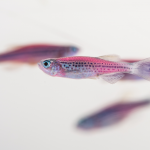
Friday, December 9, 2016
Regenerative Properties of Zebrafish Used for Treating Blinding Eye Diseases
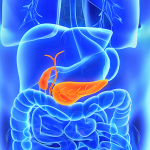
Friday, December 9, 2016
Mouse Study Shines a Light on Pancreatic Insulin
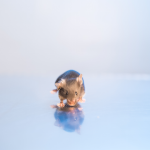
Friday, December 9, 2016
Study Done in Mice Could Help Limit Metastatic Breast Cancer
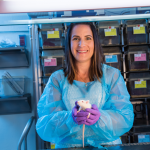
Wednesday, December 7, 2016
50 Years of Caring for U-M's Lab Animals
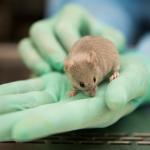
Wednesday, December 7, 2016
New Rodent Study Could Lead to Changes in ICU Care for Critically Ill Patients